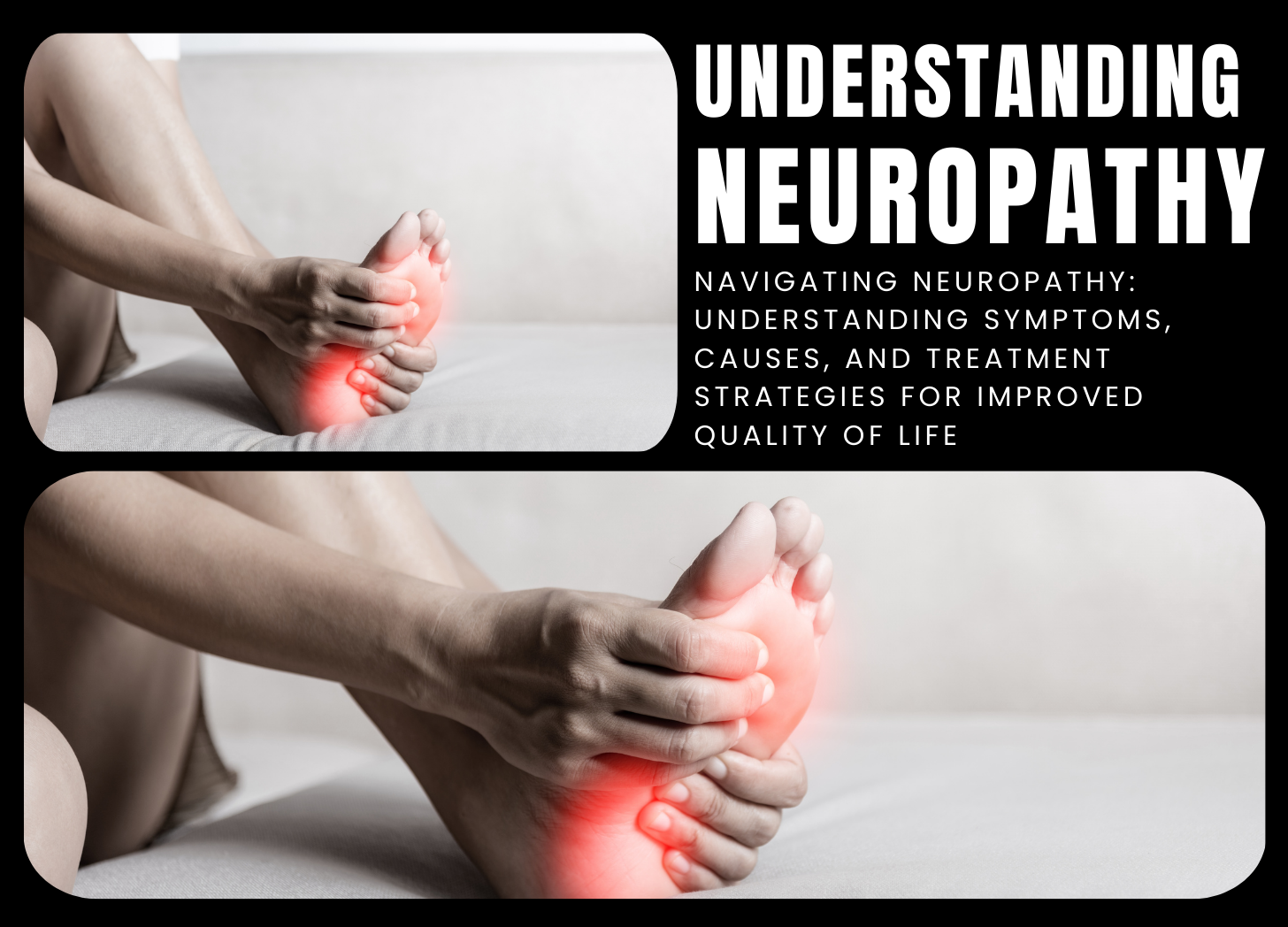Contact Us
Contact Us

Seizures are rapid, uncontrollable electrical abnormalities in the brain that can alter behavior, movements, perceptions, and awareness. They can vary greatly in severity, length, and symptoms, from brief periods of gazing or twitching to convulsions or loss of consciousness. Seizures can be caused by a variety of conditions, including epilepsy, brain traumas, infections, genetic abnormalities, metabolic imbalances, or withdrawal from specific medications or substances.
The underlying cause of seizures varies by individual and can be divided into two categories: epilepsy and non-epileptic seizures. Epilepsy is a chronic neurological illness marked by recurring seizures that can be caused by abnormalities in brain structure or function, genetic factors, or unknown causes. Non-epileptic seizures, also known as psychogenic or nonepileptic seizures, are produced by psychological reasons other than aberrant electrical activity in the brain, such as stress, trauma, or conversion disorder.
Seizures are commonly characterized by transient confusion or disorientation, loss of awareness or consciousness, involuntary movements or convulsions, sensory problems such as tingling or numbness, visual or auditory hallucinations, or odd sensations or emotions. The specific symptoms of a seizure are determined by the type of seizure and the affected location of the brain.
Seizures are typically diagnosed after a thorough medical history, physical examination, and diagnostic tests such as electroencephalogram (EEG) to measure electrical activity in the brain, magnetic resonance imaging (MRI) or computed tomography (CT) scans to evaluate brain structure, and blood tests to assess for underlying medical conditions or metabolic abnormalities.
Seizures are treated with the goal of controlling symptoms, preventing future seizures, and addressing any underlying causes or conditions. The primary treatment for epilepsy is antiepileptic drugs, which assist to stabilize electrical activity in the brain and lessen the frequency and severity of seizures. In some situations, surgical intervention may be explored to remove or disconnect the part of the brain responsible for seizures (epilepsy surgery), as well as the installation of devices such as vagus nerve stimulators or responsive neurostimulation systems.
Non-epileptic seizures may be treated with psychological methods such as cognitive-behavioral therapy (CBT), stress management strategies, or psychotherapy to address underlying psychological disorders or trauma that are causing the seizures. Individuals with seizures and their families require education and assistance to better understand the condition, manage symptoms, and deal with the emotional and practical issues that come with seizures.
Finally, seizures are rapid, uncontrollable electrical abnormalities in the brain that can induce a variety of symptoms and disabilities. While seizures can be frightening and disruptive, early detection, effective treatment, and support can help people with seizures live satisfying lives while limiting the condition’s impact on their daily activities and well-being.
References:
1.National Institute of Neurological Disorders and Stroke. (2022). Seizures and Epilepsy: Hope Through Research. Retrieved from https://www.ninds.nih.gov/Disorders/Patient-Caregiver-Education/Hope-Through-Research/Seizures-and-Epilepsy-Hope-Through-Research
2.Epilepsy Foundation. (2022). Types of Seizures. Retrieved from https://www.epilepsy.com/learn/types-seizures
Post a Comment